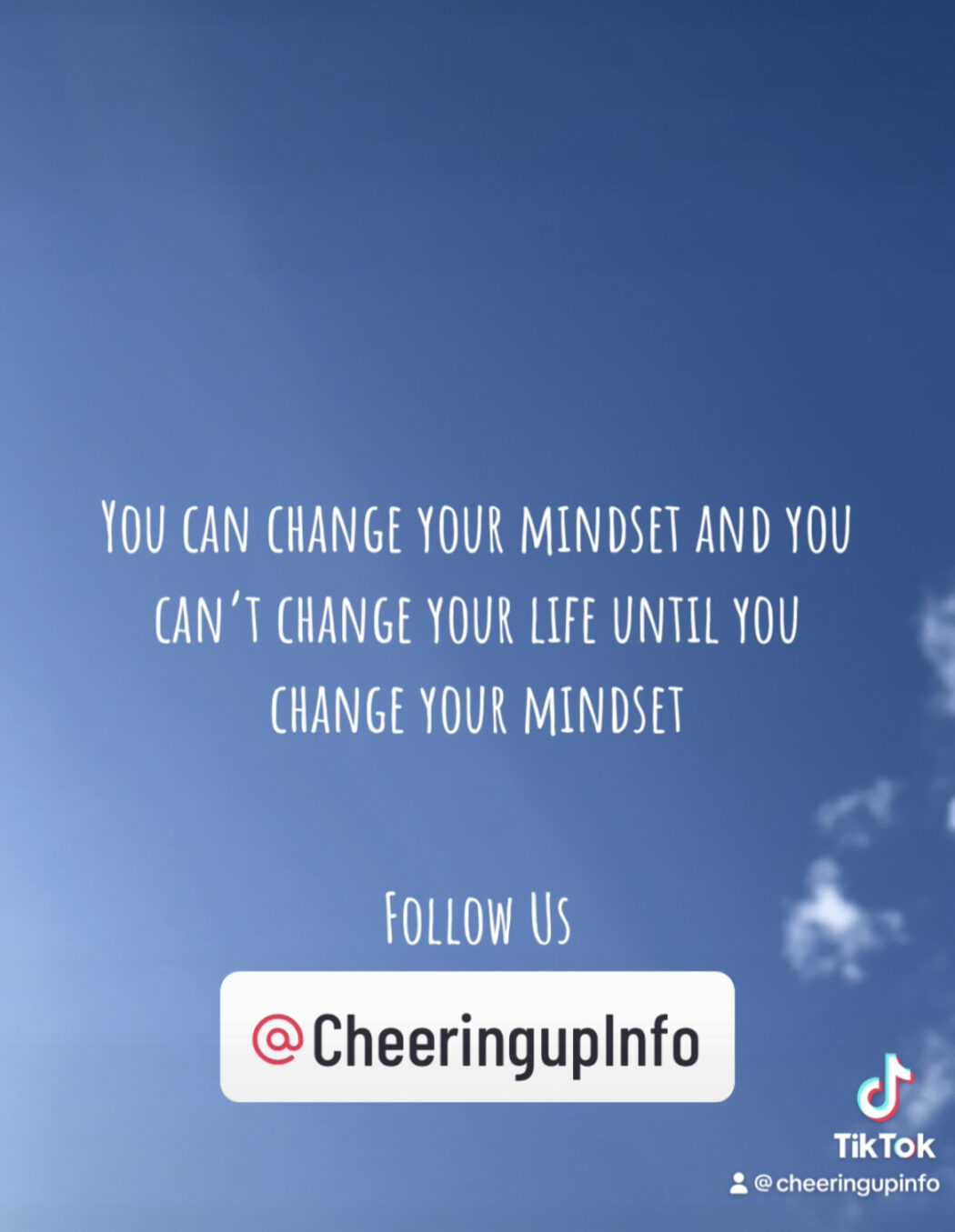10 Tips to Be Productive, Not Just Busy: Am I Busy or Productive?
In today’s fast-paced world, it’s easy to fall into the trap of being constantly busy without actually accomplishing meaningful tasks. Many of us confuse busyness with productivity, but the two are not synonymous. Being busy implies being occupied with various activities, while being productive means efficiently using your time and energy to achieve significant results. In this article, we will explore ten valuable tips to help you shift from being merely busy to becoming truly productive. We will also delve into the question, “Am I busy or productive?” to help you gain clarity and make meaningful changes in your approach to work and life.
- Set Clear Goals and Prioritise. One of the key differentiators between busyness and productivity is having clear goals. Take the time to identify what truly matters to you and set specific, measurable, attainable, relevant, and time-bound (SMART) goals. By prioritising these goals, you can focus your energy on tasks that align with your objectives, avoiding the trap of being busy with unimportant activities.
- Practice Time Management. Effective time management is crucial for productivity. Analyse how you currently spend your time and identify areas that can be optimised. Use techniques like the Pomodoro Technique, where you work in focused bursts followed by short breaks, to enhance your concentration and efficiency. Employ tools such as calendars, to-do lists, or productivity apps to organise your tasks and allocate specific time slots for each activity.
- Eliminate Distractions. Distractions can hinder productivity and lead to a cycle of busyness. Identify common distractions in your environment and implement strategies to minimise their impact. Turn off unnecessary notifications on your phone, create a designated workspace, and communicate clear boundaries to avoid interruptions. By creating a distraction-free zone, you can fully engage in your tasks and achieve more in less time.
- Learn to Delegate and Outsource. Many individuals feel overwhelmed by taking on too much themselves. Effective delegation is a skill that allows you to distribute tasks to others who are capable of handling them. Assess your workload and identify tasks that can be delegated or outsourced to free up your time for higher-value activities. By letting go of non-essential tasks, you can focus on critical responsibilities that require your expertise and attention.
- Embrace Deep Work. Deep work refers to the state of flow where you can fully concentrate on cognitively demanding tasks without distractions. Schedule dedicated blocks of time for deep work, eliminating any potential disruptions. Disconnect from social media, silence your phone, and create a conducive environment for concentration. By immersing yourself in deep work sessions, you can accomplish more in a shorter amount of time.
- Take Breaks and Practice Self-Care. Constantly pushing yourself without breaks can lead to burnout and decreased productivity in the long run. Incorporate regular breaks into your schedule to recharge and rejuvenate. Engage in activities that promote self-care, such as exercise, meditation, or spending time in nature. By prioritising your well-being, you can enhance your overall productivity and maintain a healthy work-life balance.
- Adopt Effective Communication Strategies. Clear and efficient communication is essential to prevent misunderstandings and unnecessary back-and-forths. Practice active listening, be concise in your messages, and ensure you convey your expectations clearly. By improving your communication skills, you can minimise confusion, save time, and enhance collaboration, leading to increased productivity.
- Continuously Learn and Improve. Productivity is not a one-time achievement; it requires ongoing improvement. Cultivate a growth mindset and seek opportunities for learning and development. Stay updated on the latest tools, techniques, and trends in your field to enhance your skills and efficiency. By investing in continuous learning, you can optimise your productivity and stay ahead of the curve.
- Regularly Evaluate and Reflect. Take time to reflect on your progress, evaluate your productivity levels, and make necessary adjustments. Assess whether your activities align with your goals and determine areas where you can improve. Regularly review your routines, processes, and habits to identify any inefficiencies and implement changes that can lead to greater productivity.
- Celebrate Achievements and Practice Gratitude. Recognise and celebrate your accomplishments, no matter how small. Acknowledge the progress you’ve made and the goals you’ve achieved along the way. Practicing gratitude fosters a positive mindset and boosts motivation. By appreciating your efforts, you can cultivate a sense of fulfillment and maintain your productivity over the long term.
Being busy does not necessarily equate to being productive. By implementing these ten tips, you can shift your focus from busyness to productivity. Remember to set clear goals, manage your time effectively, eliminate distractions, delegate tasks, embrace deep work, take breaks, communicate efficiently, continuously learn and reflect, and celebrate achievements. By asking yourself the question, “Am I busy or productive?” regularly, you can evaluate your progress and make conscious choices that lead to greater efficiency and success in all areas of your life.
More lifestyle improvement articles videos and reviews
Am I busy or Productive?
